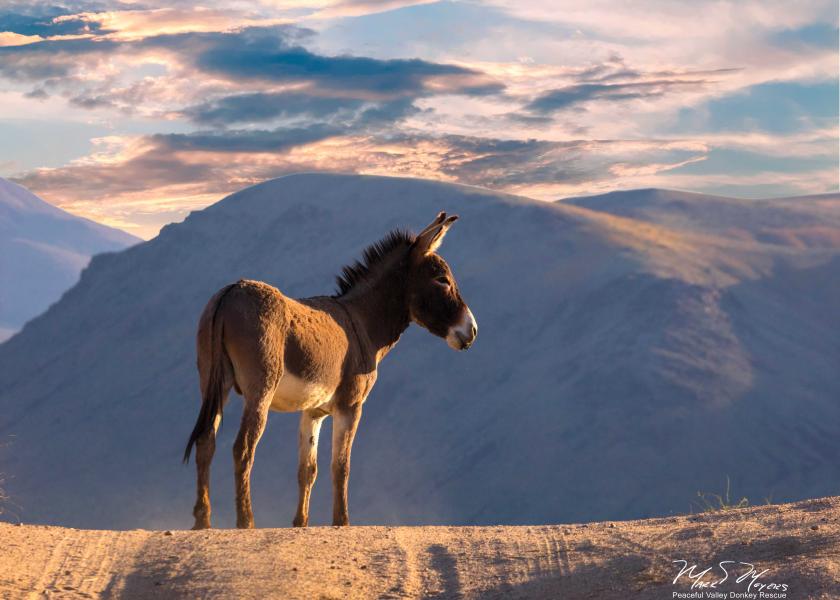Chinese Demand Puts Global Donkeys In Peril

Donkey populations around the world are at risk due to a mushrooming demand for their hides, a key ingredient in a traditional Chinese medicine. In fact, demand for the hides has grown so rapidly 18 governments around the world have taken action to protect their donkeys in recent years. Yet, demand – and prices – for the medicine skyrockets, keeping the world’s donkey population in peril.
A new report indicates nearly 5 million donkey hides are needed each year for the production of ejiao, the traditional medicine used to treat a range of ailments from colds to insomnia. The report – from The Donkey Sanctuary, a United Kingdom-based non-profit – says current demand for ejiao would require more than half the world’s donkeys over the next five years.
The Donkey Sanctuary provides these statistics:
- Annual production of ejiao increased from 3,200 tonnes in 2013 to 5,600 tonnes in 2016, an increase of 43%.
- To meet demand, Chinese businesses need about 4.8 million donkey hides per year.
- China’s donkey population has been depleted 76% since 1992.
With demand at a peak and China’s donkey population depleted, the ejiao industry has sought foreign suppliers, especially from Africa, Asia and South America. Imports of donkeys to China since 2007, The Donkey Sanctuary says, has reduced donkey populations in Brazil by 28%, Botswana 38% and Kyrgyzstan 53%.
In response, The Donkey Sanctuary has called on China to stop the importation of donkeys and has called for "an urgent halt to the largely unregulated global trade in donkey skins before donkeys are virtually wiped out in some areas."
(In the U.S., Mark Myers and his wife operate Peaceful Valley Donkey Rescue near San Angelo, Texas. For his dedication to helping rescue donkeys, Meyers was named a CNN Hero in 2018.)
Activists say a collapse of the world’s donkey population will most impact the 500 million people who rely on the animals in some of the world’s poorest communities. The report says donkeys transport goods to market, carry water and wood, provide access to education and are a vital source of income for vulnerable communities, particularly women.
The report also claims to have uncovered “appalling animal welfare abuses and biosecurity risks at every stage of the skin trade both in its legal and illegal forms.”
Specifically, The Donkey Sanctuary says the trade in donkey skins also presents biosecurity risks, with unhygienic practices encouraging the spread of diseases such as anthrax, tetanus and equine flu. The charity also claims many donkeys are subject to cruel and inhumane treatment.
Mike Baker, Chief Executive of The Donkey Sanctuary, said: “This is suffering on an enormous and unacceptable scale. This suffering is not just confined to donkeys as it also threatens the livelihood of millions of people.
“The skin trade is the biggest threat to donkey welfare we have ever seen. Urgent action needs to be taken.”
Advocates are urging ejiao manufacturers switch to other sources of the collagen that is derived from donkey hides. Alternative sources are gelatin from beef, pork or chicken, or even artificially grown (lab-based) donkey-derived collagen.
Related stories:







